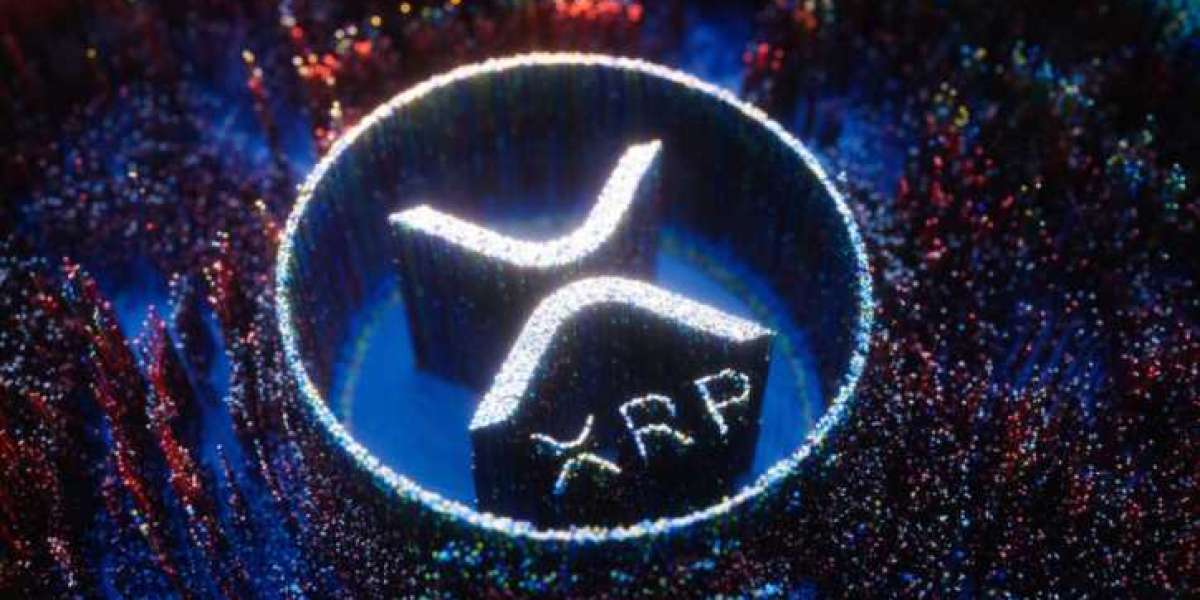The rules were drafted, as reported by Khaleej Times, with the intention of "creating a progressive framework that can permit borderless economic opportunity, without sacrificing market security across the global Virtual Assets business." Prior to the Minimum Viable Licensing (MVP) phase, the digital asset business is the direct focus of the rules, which address marketing and advertising efforts.
With the help of the MVP program, VARA can evaluate and choose trustworthy digital asset service providers in accordance with stringently outlined rules and risk mitigation levers for safe business operations. In order to provide its Virtual Asset (VA) Exchange services in Dubai, FTX Europe's subsidiary FTX Exchange (FZE) was the first major cryptocurrency company to obtain an MVP license.
Given the rapid use of cryptocurrencies and other forms of virtual currency in Dubai, authorities there are growing wary about potential loopholes that may be used by bad actors to spread false information. The rules are an attempt to close these gaps by laying out comprehensive criteria for the dissemination of virtual assets in all their forms.
The Virtual Assets Regulation Authority has pinpointed a key, delicate issue in the virtual assets sector. In the words of Kokila Alagh, founder at KARM Legal Consultants, "These regulations will go a long way in ensuring that users have the needed information before making their decisions." Marketing and promotions are the first points of contact between end users and VASPs, and these determine whether the user will engage with the service or not. Reports indicate that both domestic content distribution channels and international companies with an eye on the Dubai market will be subject to VARA regulations. Recently, there has been an uptick in the proliferation of frauds including rug pulls and other forms of unethical promotion of cryptocurrency ventures, costing investors billions. Thankfully, authorities all across the world are starting to pay attention. There has been a heightened awareness of scams in the UK, with the Promotion Standards Authority (ASA) issuing warnings to more than fifty cryptocurrency companies for misleading advertising of their services in the previous year. The Advertising Standards Council of India (ASCI) issued regulations for crypto and digital asset-related commercials earlier this year.




Alphonsus Odumu 5 w
Virtual assets regulation